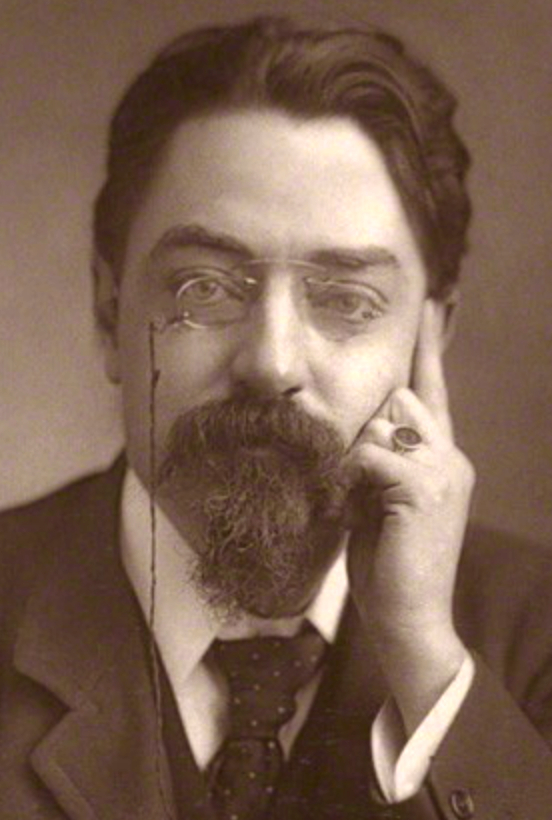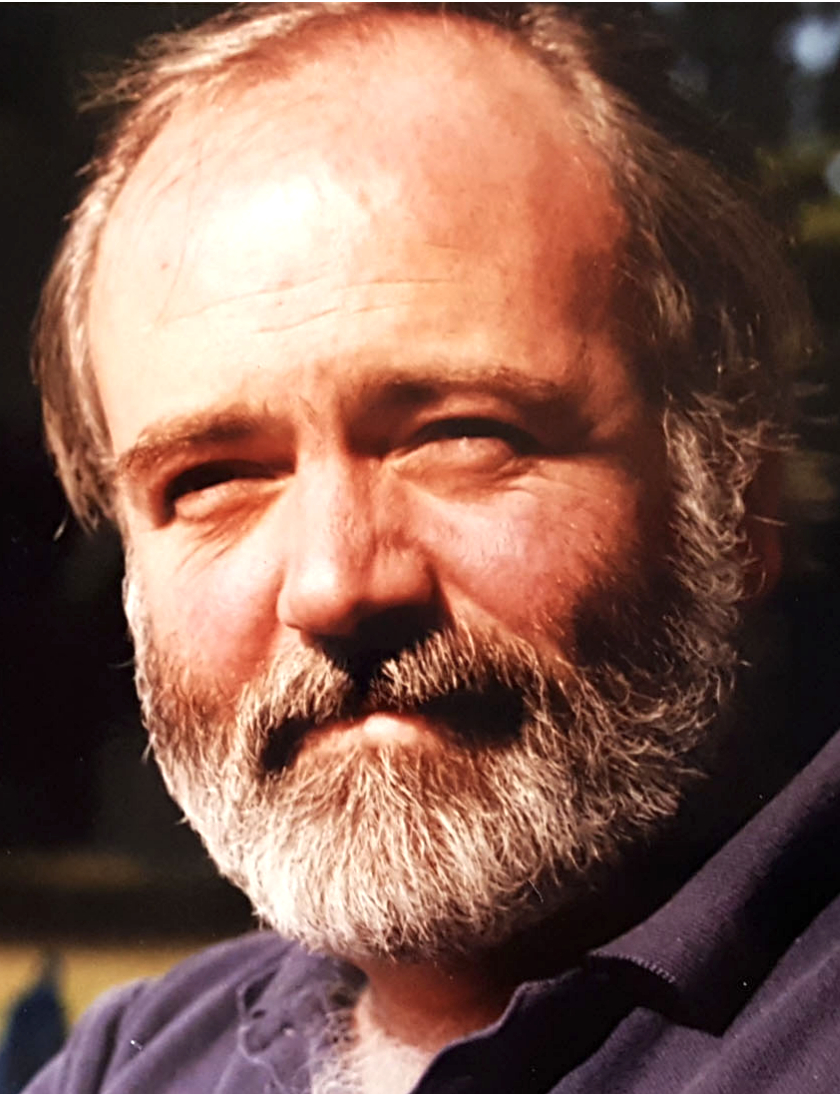July 13
Harrison Ford

On this date in 1942, Harrison Ford was born in Chicago to former radio actress Dorothy (née Nidelman) and John “Christopher” Ford, an advertising executive and former actor. “My parents did not practice any organized religion, although my father was raised Roman Catholic and my mother was Jewish,” Ford said. (Parade magazine, July 7, 2002) “But there was always an ethical context to our lives, a very strong notion of individual moral responsibility.”
He dropped out of Ripon College in Wisconsin to act. He found acting jobs by the late 1960s but his career was slow to take off so he worked as a carpenter in Hollywood. His big break came as the swashbuckling Han Solo in “Star Wars” (1977), which would be followed by many other heroic leading roles.
Some of his many other films include “American Graffiti” (1973), “The Conversation” (1974), “Hanover Street” (1979), “Apocalypse Now” (1979), “Star Wars: The Empire Strikes Back” (1980), “Indiana Jones & the Temple of Doom” (1984), “Witness” (for which he was nominated for an Academy Award, 1985), “The Mosquito Coast” (1986), “Indiana Jones and the Last Crusade” (1989), “Presumed Innocent” (1990), “Patriot Games” — his first movie cast as Jack Ryan (1992), “The Fugitive” (1993), “Clear & Present Danger” (1994) and “Sabrina” (1995).
Ford’s fourth “Indiana Jones” movie was released in 2008. His former wife, Melissa Mathison, wrote the screenplay for the movie, “E.T.” Ford has called “The Mosquito Coast,” in which he plays an unraveling back-to-nature character, one of his favorite roles. Appearing with him in that movie was atheist actress Butterfly McQueen.
Ford received critical acclaim and was nominated for a Best Supporting Actor Satellite Award for his 2013 portrayal in “42” of L.A. Dodgers general manager Branch Rickey, who broke baseball’s color barrier by signing Jackie Robinson. He won the Best Actor Saturn Award in 2016 for “Star Wars: The Force Awakens.” His recent credits include “Blade Runner 2049” (2017) and an adaptation of “The Call of the Wild” (2020).
Ford has been named a Living Legend of Aviation and a Hero of Aviation. He was granted the Freedom of Flight Award in 2009 and the Wright Brothers Memorial Trophy in 2010. He has applied his proficiency as a licensed pilot of both fixed-wing aircraft and helicopters to charitable endeavors that include piloting emergency copter flights near his home. He is an honorary board member of Wings of Hope, which organizes aviators to promote improved health, education, economic opportunity and food security to communities in need.
Ford is a productive and generous philanthropist. He is vice chair of Conservation International, an environmental protection organization. He donated about 400 acres of his ranch for use as a nature preserve. He is a major donor to The Bob Hoover Academy, which educates at-risk California teens and teaches them to be pilots.
Ford has been married three times and has four children with Mary Marquardt and Melissa Mathison. He and Calista Flockhart are parents to her adopted son, Liam.
“I’m scared to death about the denial of science,” Ford told the Washington Post in 2017. “Science is real. Science is the most real thing in our world, other than nature. I’m hoping we’ll all get back to a place where we can really understand that science is tested knowledge.”
PHOTO: Ford at Celebrity Fight Night XXIII in Phoenix in 2017; Gage Skidmore photo under CC 3.0.
“I admit that there are many gods in the world, and I’m happy that everybody has found something to believe in above themselves and organize some kind of morality around. But nature is my god, yes.”
— Ford interview, Washington Post (Sept. 29, 2017)
Sidney Webb

On this date in 1859, Sidney Webb was born in London. His father, an accountant, was an avowed socialist. Webb taught himself to read at an early age and as a teen became a clerk in the city of London. In 1886 he earned a law degree from London University and became a freelance journalist on the side. Webb befriended the famous playwright, socialist and fellow freethinker George Bernard Shaw and together they became the heart of the Fabian Society.
Originally the society’s goals aimed at spiritual discovery, but Webb and others reoriented the agenda to political instead of religious values. It developed into an influential intellectual movement.
Webb married a freethinker from high society and, as many friends described, his intellectual soulmate, Beatrice Potter, in 1892. In the same year, Webb won election to Parliament as a Progressive candidate. Webb and Potter together published numerous writings on social reform, including their first book The History of Trade Unionism (1894), edited by Shaw. Webb and Potter were among the first to devise a national health care plan, the origins of Britain’s National Health Service.
Together they founded, along with Shaw, Graham Wallas and others, the London School of Economics, the first social science research school of its kind. “The aim of the School was the betterment of society. By studying poverty issues and analysing inequalities, the Webbs sought to improve society in general” (London School of Economics website.) After their marriage, they devoted the rest of their lives to social reform and education. (D. 1947)
PHOTO: Webb at age 24.
“[False] generalizations [about socialism] are accordingly now to be met with only in leading articles, sermons, or the speeches of Ministers or Bishops.”
— Webb, "Fabian Essays in Socialism," ed. G.B. Shaw (1908)
Jack Ziegler

On this date in 1942, satirist and cartoonist Jack Ziegler was born in Brooklyn, N.Y. He grew up in Forest Hills, Queens, in a Catholic household. His mother was a homemaker and his father sold pigment for a paint company. Ziegler developed an interest in cartoons at a young age, buying used comics on outings to Times Square. After graduating from Fordham University with a degree in communication arts, Ziegler joined the Army Reserve in Monterey, Calif.
While working at CBS network transmission facility, he started selling cartoons to various publications. The first cartoon he sold to The New Yorker was an illustration of Edgar Allan Poe contemplating which animal should say “Nevermore” — a turtle, moose or pig. His cartoons began appearing regularly in The New Yorker in 1974 and he was widely credited with bringing new life to the magazine.
Former cartoon editor Bob Mankoff described his drawings as “the platonic ideal of what a cartoon should look like.” During his lifetime he produced over 24,000 cartoons and sold over 3,000.
Ziegler also published several anthologies of drawings, including Hamburger Madness, How’s the Squid?: A Book of Food Cartoons; Olive or Twist?: A Book of Drinking Cartoons; and You Had Me at Bow Wow: A Book of Dog Cartoons. Most of his published work and personal papers are housed at the Billy Ireland Cartoon Library and Museum at Ohio State University.
He married his first wife, Jean Ann, in 1969 and they had three children: Jessica, Benjaim and Maxwell. After divorcing, he married Kelli Gunter in 1996. He died at age 74 while living in Lawrence, Kansas. (D. 2017)
“Agnostic, I suppose, but it’s not something I ever think about. Raised Catholic, but stopped at age thirteen, when I realized what a load it was. Don’t like any religions at this point — think they’re all nuts to one degree or another. And they cause way too much trouble in the world — as they always have.
— Ziegler, quoted in “The cosmology of cartoonists” by Bob Mankoff, The New Yorker (May 1, 2013)
Patrick Stewart

On this date in 1940, English actor Patrick Stewart was born in Mirfield, Yorkshire, to Gladys (née Barrowclough) and Alfred Stewart. His mother was employed as a weaver and textile worker while raising Stewart and two older brothers. His father had menial jobs, including general laborer and milkman, after his World War II military service, which included being evacuated on the last day of the retreat from Dunkirk in 1940, a bloody debacle for British, Belgian and French forces.
His traumatic “combat shock” from the war turned Stewart’s father into “an angry, weekend alcoholic” who was not a good financial provider and subjected the family to domestic abuse. (Square Mile magazine, Feb. 3, 2020) Stewart attended schools affiliated with the Church of England but left at age 15. He was interested in drama, which he continued to study while working at various jobs, including a brief stint as a newspaper reporter and obituary writer. But his heart was in the theater.
Stewart’s first professional stage appearance was with the Bristol Old Vic Company production of “Cyrano de Bergerac” and he became a stalwart member of the Royal Shakespeare Company for nearly 20 years. Though he preferred classical theater to other genres, Stewart also took roles in many TV series without becoming a household name.
Stewart explained how that changed: “In 1986 I was assisting a Shakespeare scholar, David Rodes, in a lecture he was giving in Los Angeles. Also signed up for this course of public lectures was a Hollywood producer, Robert Justman, who was involved in preparing a revival of ‘Star Trek.’ Robert always claimed that at one point in the evening he turned to his wife and said: ‘We’ve found the captain.’ ” (The Guardian, March 6, 2018)
The captain of the USS Enterprise was Jean-Luc Picard in the TV series “Star Trek: The Next Generation,” which ran from 1987-94. The show “strongly implied that most members of The Federation are atheists. Vulcans in particular view supernatural beliefs to be highly illogical. Picard, when told by an adviser that to save his crew member’s life he must pose as a god for a less advanced culture, he decried, ‘Your report describes how rational these people are. Millennia ago they abandoned their belief in the supernatural. Now you are asking me to sabotage that achievement? To send them back into the dark ages of superstition, and ignorance and fear! No!’ ” (“The Top 10 Atheist Characters on Television,” The Humanist, July 19, 2012)
From 1994 to 2002, he also played Picard in four films. “I was unprepared for the albatross around my neck that [the role] would prove to be,” he said in 2020. Concerns about being typecast made him wary of signing up for the X-Men film series as Charles Xavier, founder and mentor of a superhero team, a role he played in seven movies starting in 2000. His friend Ian McKellan co-starred. (See this listing for his numerous credits as of this writing in 2025, many critically acclaimed, onscreen and onstage.)
Stewart married dancer-choreographer Sheila Falconer in 1966. They divorced in 1990 after having a son Daniel and daughter Sophia. He married TV producer Wendy Neuss-Stewart in 2000. They filed for legal separation after three years of marriage and 10 years together. In the 2011 documentary “The Captains” directed by William Shatner, Stewart said “I have two major regrets, and they’re both to do with the failure of – my failure in – my marriages.”
In 2008, Stewart began dating singer-songwriter Sunny Ozell, whom he met while performing in “Macbeth” at the Brooklyn Academy of Music, near where she was working as a waitress. They wed in 2013 when he was 72 and she was 35. McKellan officiated at their wedding. “We are both atheists but we definitely believe in energies, and trying to leave with a positive vibe,” Ozell said. (Toronto Star, Dec. 30, 2015)
He was knighted for his services to film, theater and television in 2010 and was named a patron by Humanists UK for his exploration of the human condition through the arts. He has publicly endorsed the right to assisted suicide and in 2011 became a patron of Dignity in Dying.
Stewart ruffled some feathers in 2015 in Northern Ireland when he expressed support for Christian bakers in Belfast who had refused to bake a cake saying “Support Gay Marriage” alongside an image of Bert and Ernie from “Sesame Street.” Stewart posted online that while he opposes organized religion and is an advocate of same-sex marriage, “I would support their rights to say ‘No, this is personally offensive to my beliefs, I will not do it.’ ”
PHOTO: Stewart at the 71st Annual Peabody Awards luncheon in 2012; photo by Anders Krusberg / Peabody Awards under CC. 2.0.
“I’m not a person of faith,” he says, nor does he believe in an afterlife. “This is what we get. That’s it. … I believe in humankind, that we have a capacity to lead compassionate, loving, brilliant lives.”
— Stewart explaining what spirituality means to him. (London-based Square Mile magazine, Feb. 3, 2020)
